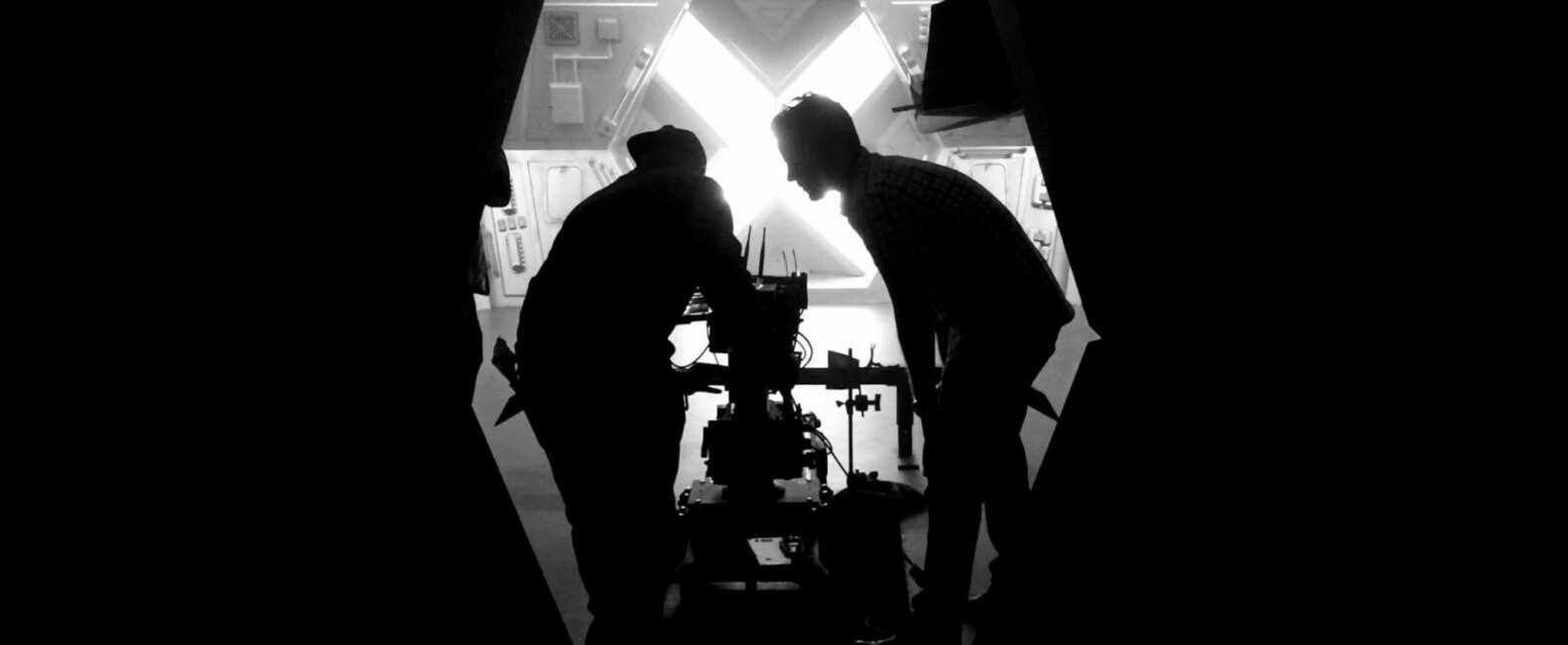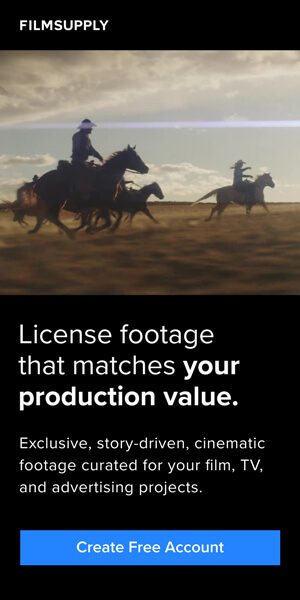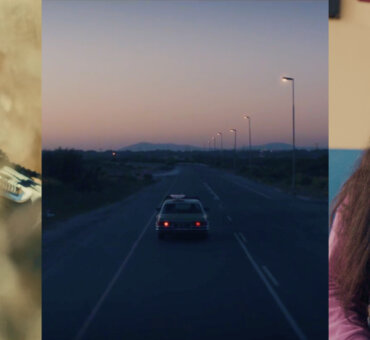The term “passion project” seems like a misnomer. In the same way that “hobby” almost infers that it’s less important or not beneficial, the phrase “passion project” implies that it doesn’t count as work, or at least doesn’t carry as much value.
But, we believe it’s quite the opposite. In fact, we think that your “work” should just be a way to fund your passion projects.
Most filmmakers also believe this deep down, so why is it so difficult to actually commit to making them? We’re so busy working towards some ultimate goal that we forget we’re ignoring the real journey to that goal, the project that’s sitting right in front of our faces.
As a reminder, we’d like to make an argument for taking on passion projects. While the path to its value can be difficult to pinpoint, the end result is not—and that’s what we’re here to talk about today. Here’s the real value of making passion projects.
Intangible Benefits
The most common thing we hear from people about the value of passion projects is that the project ended up getting them to some pivotal moment in their career. It happens all the time. You make something you’re passionate about, that’s unrelated to your “career” path, and it ends up being the thing that people notice more than anything else.
Here’s the insanely talented DP Khalid Mohtaseb:
“We did a ton of personal projects that we financed out of our own pockets. Clients that we wanted to work with obviously shared similar tastes; so they’d end up seeing a project online, loving it, and hiring us based on that. So as opposed to sending emails to potential clients and companies we wanted to work with, we got their attention by putting out a project that interested them.”
Passion projects are a great distiller of the type of people you want to work with. They’ll see your taste, your vision, your passion and they’ll be drawn to it. The people who don’t connect with those things, well, they won’t be drawn to it. But, here’s the thing. Passion of any form is contagious. When people see something that a filmmaker poured their heart and soul into, they’ll take notice of it far more than some polished project you put out for a client.
You Can’t Know if You Don’t Try
As creatives, we’re always striving for something new, some dream project—whether it’s a feature film or imaginative ad campaign—and passion projects are your ticket to the “new.” They’re the fastest way to find a new creative expression or even a new career opportunity. So, if you’re only sticking to the 9-to-5, you’re building a silo around yourself and those can be hard to get out of.
In our recent conversation with Ricky Staub of Neighborhood Film Co., he explained a common problem he sees in the film industry, where filmmakers are ignoring their passion projects because they think client work is going to get them there. He had some bad news:
“I think some filmmakers who want to make features spend too much time making spec commercials and trying to grow their commercial career, thinking that if they get to a certain pinnacle of commercial filmmaking, it’s just a little bridge to walk over to the other end. It does happen, but not too often.
“If you want to go the other route into narrative [filmmaking], spend your time making narrative content. And if you need to make commercials to have money, let it fund your narrative stuff. Start writing scripts and creating the framework for a short that requires you to have an arc, a full arc, and actual acting performances.”
We’re all on a journey in our careers, working towards the (perhaps unachievable, but noble) goal of an ideal creative output. We can’t afford to ignore it along the way, hoping we’ll magically make the transition when we’re “ready.” Fortune favors the prepared, so you need to start preparing for your dream project by making it right now.
You, In the Purest Sense
Alfred Hitchcock once said, “Self-plagiarism is style.” It takes a long time to reach this point as a creative, the point where you actually want to imitate something you’ve done in the past. We only uncover the things we love about ourselves and our own voices when we spend time digging. Each passion project is an exercise in finding out who we truly are; the subject matter is just a billboard along the highway.
When you’re focused on a career, you’re focused on making money. And, to make money, people need to give it to you, which means you need to sacrifice something—and in creative fields, that means you’re sacrificing your vision. Every single time. It seems almost too obvious to put on paper, but if you’re always being told what to make, you’re never making what you actually want to make.
Here’s another quote from director Guillermo del Toro:
“The saddest journey in the world is the one that follows a precise itinerary. Then you’re not a traveler, you’re a fucking tourist.”
You’re the one with the imagination. It’s about time you took control of this ride for once. Sure, there’s nothing wrong with peddling our gifts to pay the rent, but every once in a while we need pure, unadulterated creativity. No creative directors. No brand managers. Just you, your brain, and any direction your imagination is willing to take you. The last point of this article, and the first step in any of our journeys, is to make a realization. We need to realize that our money-making jobs are a tool, they’re not the reason. We’ve been given a gift, and by pursuing passion projects, we’re dusting off this gift and making full use of it. So, don’t lose sight of the fact that you’re holding all the cards as a creative—you may have to fold from time to time, but eventually, you’re going to need to go all-in.
If you’re looking for more ways to inspire creativity, read our conversation with Salomon Ligthelm about finding creative breakthrough.






